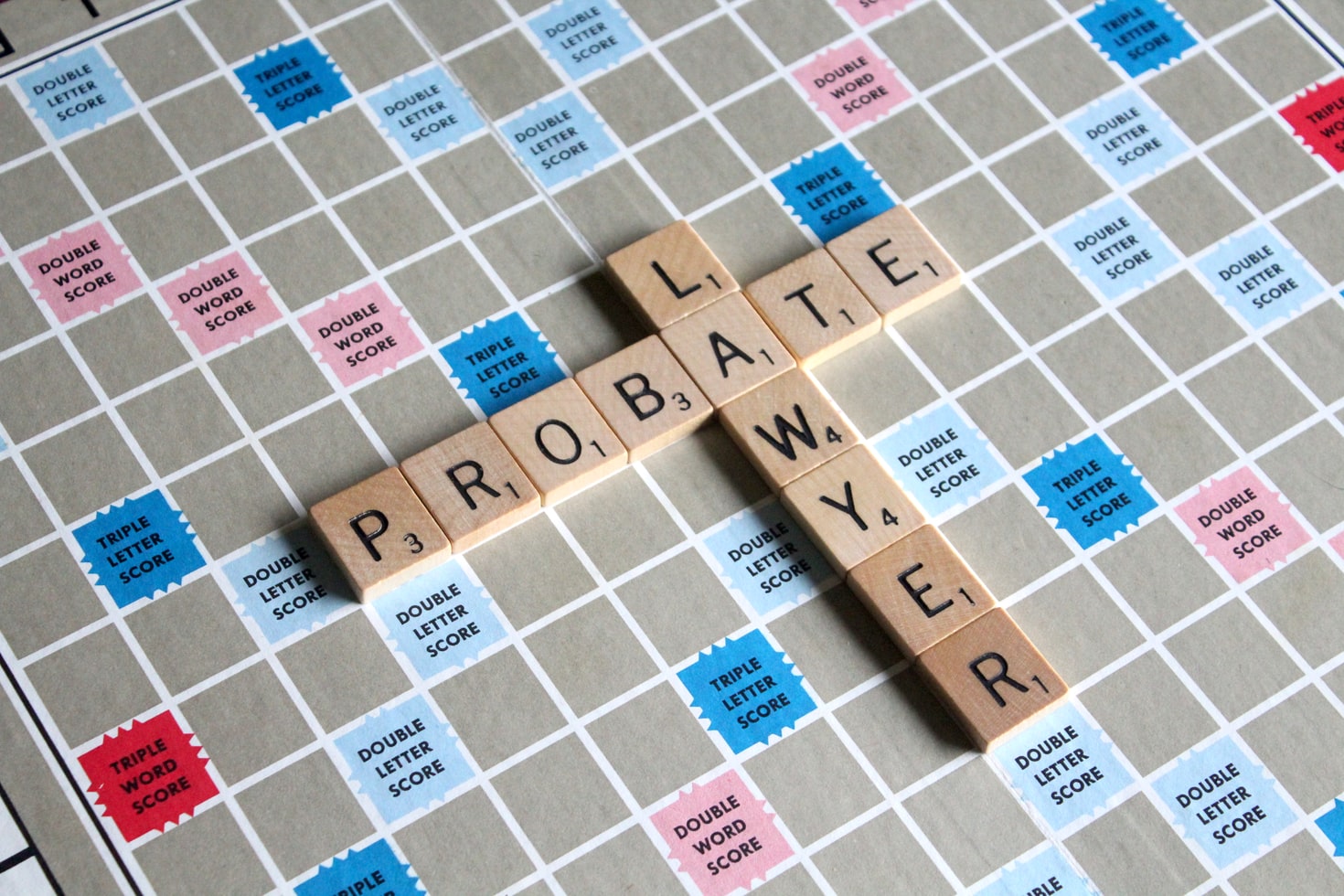Probate Administration - Frequently Asked Questions
 (This blog has been updated from the post dated August 8, 2012)
(This blog has been updated from the post dated August 8, 2012)
1. What is probate?
Probate is the process of proving the Will, appointing the Personal Representative, paying the decedent’s debts, filing applicable tax returns, collecting any monies owed the decedent, and identifying, valuing, and transferring the decedent’s assets.
2. When is probate necessary?
Probate is required if the decedent owned any real property interests held in the decedent’s sole name, or, if the decedent owned more than $50,000 of personal property, such as vehicles, artwork, bank accounts, investment accounts, etc., with no beneficiary, POD, or TOD designations.
3. When may probate proceedings be initiated?
A petition for probate may be filed 120 hours (5 days) after the decedent has died.
4. How long does it take to probate an estate?
The time required to complete probate proceedings varies depending upon the circumstances, such as the complexity of the estate plan, family issues, and the organization and sufficiency of the decedent’s records. Generally, simpler estates range from six months to one year. More complicated estates can take up to two years, or longer.
5. How much are the attorney’s fees for probate proceedings?
Prior to 2019, in Montana the maximum fees attorneys may charge for probate proceedings were set by statute. Based on the gross value of the estate, without Court approval, the maximum fee could not exceed 4.5% of the first $40,000, and 3% of the remainder. The law has now changed to provide that attorneys may charge a “reasonable” fee. Our office works on an hourly rate or on a fixed fee basis, at the option of the client.
6. What is a Personal Representative?
Formerly known as an Executor or Executrix, the Personal Representative is the person appointed by the Court, often nominated under the Will, who has the legal responsibility and authority to handle the affairs of the decedent.
7. The decedent left a list of personal property to be distributed to named individuals–does this become part of the decedent’s Will?
Generally, the tangible personal property statement is considered a part of the Will by reference and controls the disposition of the described property in the statement. The statement is submitted to the Court as part of the decedent’s Will.
8. Does a Power of Attorney remain in effect after the maker’s death?
No. The powers of the agent are terminated upon the maker’s death. However, in very limited circumstances, a Power of Attorney may remain in effect to make funeral arrangements, authorize an autopsy, etc.
9. Why am I unable to access the decedent’s bank account?
Until the Personal Representative is appointed by the Court, no person, other than a co-owner, if any, has authority to access or obtain information regarding the decedent’s accounts.
10. What happens with the decedent’s joint accounts?
The decedent’s ownership interest in any joint accounts passes to the surviving co-owner by operation of law. The surviving co-owner will continue to have access to the account.
11. I am the sole devisee under the decedent’s Will, but not the beneficiary of an insurance policy. Which instrument controls the disposition of the insurance proceeds?
Generally, the beneficiary designation will govern the disposition of any insurance proceeds. Insurance policies are separate contracts between the decedent and the company, and, thus, any beneficiary designation would override the provisions of the decedent’s Will.
12. What happens with the decedent’s accounts with POD or TOD designations?
These are Pay on Death or Transfer on Death designations. Similar to a beneficiary designation, after being notified of the decedent’s death, the financial institution will pay or transfer the account to the named person or persons in the POD or TOD designations.
13. If the decedent’s assets are owned in trust, is a probate required?
No, unless the decedent owned any real property interest or more than $50,000 of titled personal property outside the trust. Assets held in trust will be administered as set forth in the trust agreement.
14. What about estate or inheritance taxes?
The State of Montana repealed the State’s inheritance and estate tax. Depending on whether the decedent made substantial lifetime gifts and whether there are any changes to the law this year after the elections, the estate may be subject to Federal estate tax if the estate’s taxable value exceeds $11,700,000 in 2021.
15. What needs to be done with the decedent’s house?
Until sold or transferred, the decedent’s house needs to be maintained during the probate process. This means that all utilities, mortgages, taxes, and insurance need to be paid. Arrangements should be made with neighbors or friends to check on the house and for lawn care or snow removal as appropriate.
16. What if the decedent owned property out of state?
Generally, an ancillary probate must be filed in the state where the property is located.
17. How should the decedent’s bills be paid?
After he or she is appointed, the Personal Representative should set up an estate bank account and pay all bills from this account.
Jon




